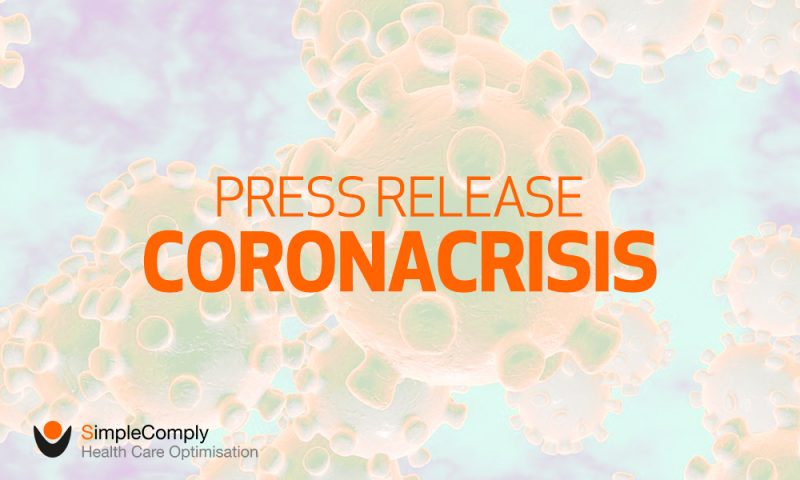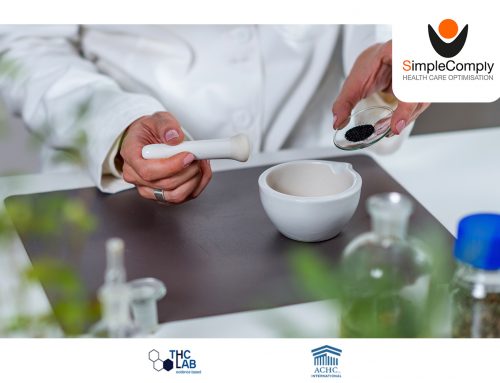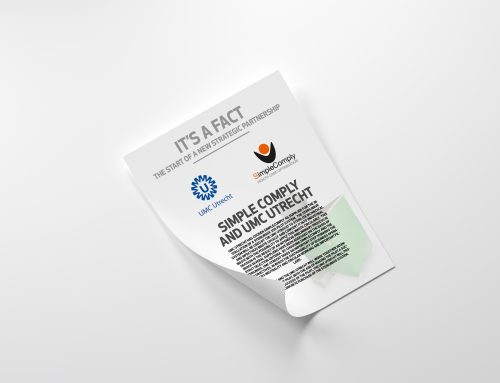Increase in biomedical hospital waste due to corona crisis
Chinese hospitals opt for safe on-site waste treatment
“Dutch hospitals report a significant increase in biomedical waste due to the Covid-19 virus.” That’s what Fernando Morales, director of SimpleComply, a Dutch tech company that specializes in the processing of biomedical waste, says. Morales is concerned about the processing capacity of the waste processors.
“The increase in hospital waste due to the corona crisis is already somewhere between ten and fifteen percent,” Morales estimates based on current information from its customers. Even under normal circumstances, the biomedical waste stream in the Netherlands is already growing. “Demographic developments, such as the ageing of the population, are one of the reasons for this. Now the pandemic is on top of that. We have to ask ourselves whether waste processors will be able to cope with a substantial peak in this growth.
Learning from China
Due to the high occupancy rate of hospital beds during the corona crisis, the flow of biomedical waste from hospitals is growing exponentially. “We’ve already seen that in China. The Chinese health authorities quickly recognised this problem and immediately scaled up processing capacity. Many hospitals in the Wuhan region opted for on-site waste treatment during the corona crisis”.
One of the hospitals’ aims is to minimise the risk of the coronavirus spreading. “But they have also reduced their dependence on external service providers,” Morales says. “That self-reliance is preferable under all circumstances, for both practical and economic reasons. But during the total lockdown of the Wuhan region, on-site waste disposal actually became unavoidable.”
Mobile installations
In February this year, the Chinese Ministry of Health therefore purchased sixteen Sterilwave mobile waste treatment plants for hospitals in the Wuhan region. Each facility can sterilise approximately 80 kilos of waste per hour and process it into clean residues without having to transport it.
Dutch healthcare institutions produce on average up to half a kilo of biomedical waste per bed per day. For an average metropolitan hospital that, under normal circumstances, amounts to more than half a ton of waste per day. This is waste that contains infectious or potentially infectious materials or substances. This can be biological agents but also disposables that are used in the treatment of a patient.
Dutch pilot
In the Netherlands, the processing of biomedical waste usually takes place externally. The internal processing of hazardous biomedical waste is already of interest to a number of hospitals. “We are currently preparing a pilot with a large university hospital and a number of other care institutions are looking with interest.
The transport and processing of biomedical waste is regulated by law in the Netherlands. The waste is transported by specialised waste processors to a location where it must be processed according to a strict and safe process.









